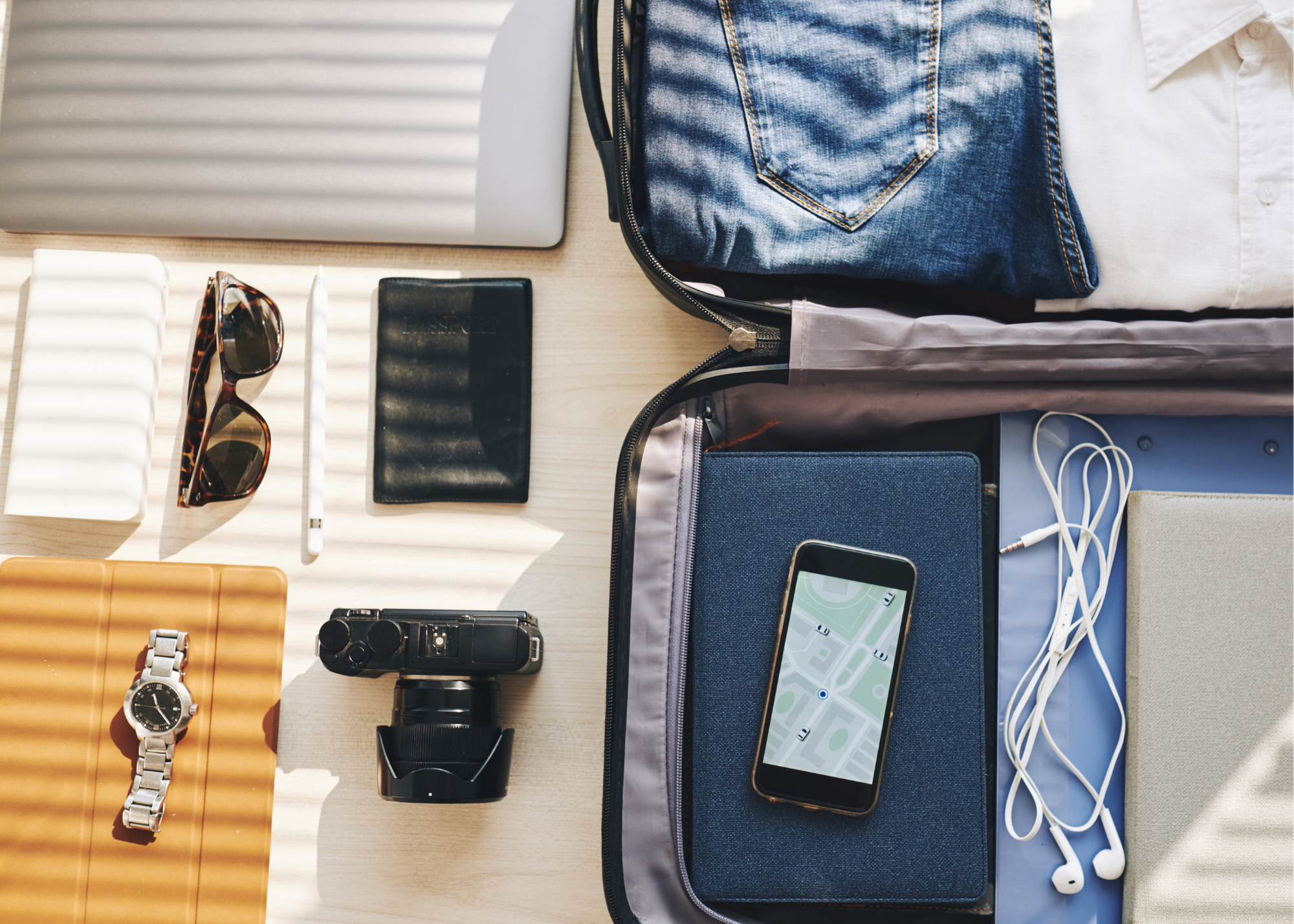As the past decade has seen work going online and laptops replacing the need for offices, the digital nomad lifestyle has grown rapidly. Often mixing remote work with full-time travel, the idea of becoming a digital nomad has attracted countless people with its new idea of freedom – freedom to see the world while making a living, which even a decade ago was a reality still far out of reach for most.
The Death of Travel
The coronavirus has uprooted this growing lifestyle revolution, as it has with so many other things in our society. While working remotely is now more popular, and more necessary, than ever, the full-time travel aspirations of many digital nomads now seem like a distant reality.
When the pandemic hit, many digital nomads faced the reality of navigating social distancing and quarantine without a permanent home. Many were locked in battles over visas, forced out of rental properties and hotels with quickly-shifting laws, or even kicked out of countries where they had no permanent residency status. Many predicted that this would be the end of the digital nomad lifestyle, even when the pandemic subsides.
The coronavirus revealed not only how quickly things could change, but how being a digital nomad can still feel like being a square peg trying to fit into a circular hole, especially when faced with the way society reshaped around pandemic safety requirements.
With the new way of pandemic work – from behind a laptop with a strong internet connection – now cemented as often just as productive and an easy way to save costs, it actually seems less likely that this new lifestyle will be a square peg for much longer.

The Remote Work Revolution
While the coronavirus may have put a serious damper on the full-time travel lifestyle of many digital nomads, it has launched millions into the lifestyle of working remotely. Experts say this revolution in work shows no signs of slowing down post pandemic. With workers and employers opening their eyes to the fact that much office work can now be done from anywhere, it’s likely here to stay.
Employers may debate whether employees are able to foster community from a distance, interacting and collaborating as they did before, as we adjust to our increasingly digital lives. However, the reality of saving thousands on office space and other overhead is likely to generate an entire new workforce of remote workers primed for the digital nomad lifestyle when travel can resume.
Location Independence: The New Employee Benefit
Regardless of future of travel once the pandemic is over, the new freedom that many workers have tasted for the first time is not something that many are likely to forget. This new freedom to work from any location, to set more flexibility in schedules and deadlines, and to connect with coworkers in new ways, are benefits of work worth negotiating for in the future.
Just like the number of personal days, health insurance plans, and professional development opportunities, working remotely is now an additional work perk that I expect to see expanding further in the coming months and years once we round the corner on this pandemic.
Sticking to the same time zones as coworkers, would-be nomads based in the United States and Canada may find that some of the best cities for digital nomads in Latin America, such as Buenos Aires, Argentina, or Medellin, Colombia are places to consider for a remote working stint. Not only do relocation perks allow for travel, but they can save money for both employers and employees.

A New Digital Nomad Age
Rather than betting on the decline of the digital nomad lifestyle, I’m betting our new, broader acceptance of remote work actually leads to an increase in its popularity and prevalence. While we may not see people selling their belonging and going “full nomad,” the coronavirus may be the push both workers and employers have largely been waiting for to make workplace changes.
Quarantine has been a time that many of us have used to rethink things we may have put on the backburner. I know I have regretted not booking a plane ticket when I had the change prior to COVID!
Rather than turning people off to the idea of travel or lifestyle changes like those that the digital nomad lifestyle provides, I think our collective realization about the uncertainty of tomorrow may have a reverse effect – making us more likely to take risks to make our dreams happen.
While no one can predict the future – even months into the pandemic it seems still too early to plan for its end, the digital nomad lifestyle may have found the springboard it needs to launch.


